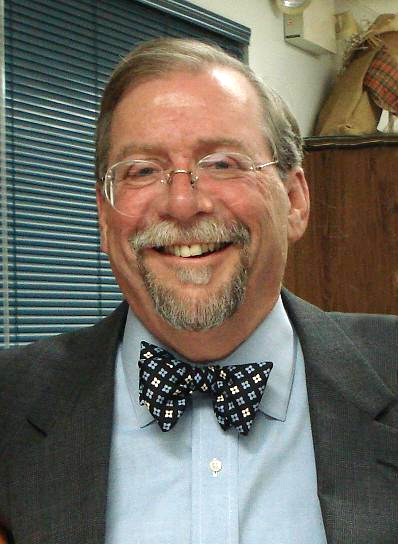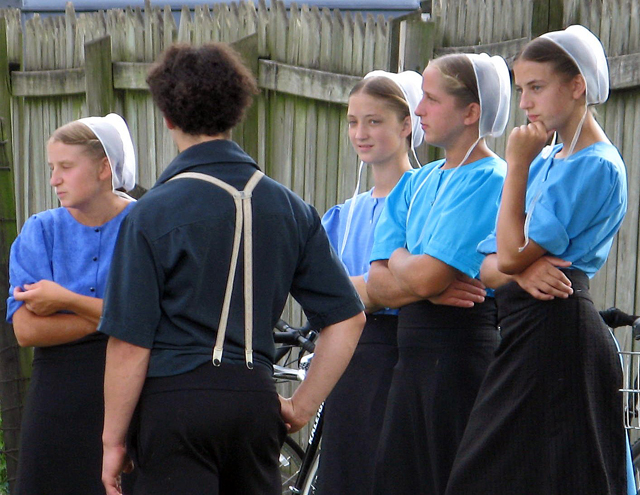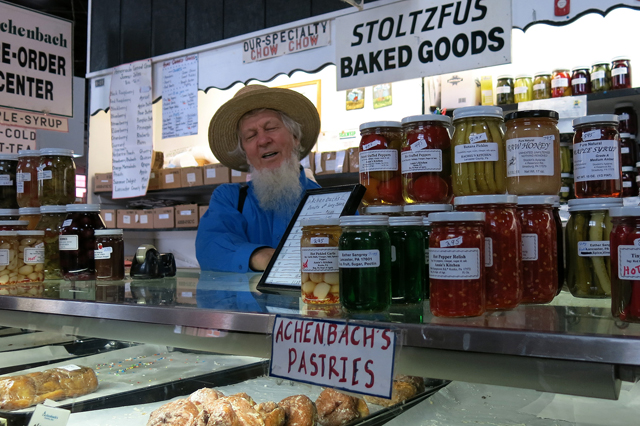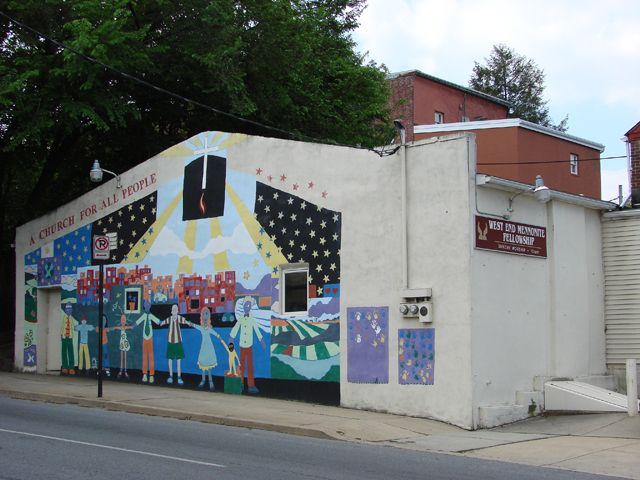Rick Gray, Mayor of the city of Lancaster in Lancaster County, Pennsylvania, said that welcoming refugees is a way of supporting religious diversity and toleration. That attitude is “in [the city’s] genes,” according to Mr. Gray. Last week he explained to a reporter from Deutsche Welle, the prominent international German media organization, that refugees are welcome in large part due to the Amish influence on the area.

Mayor Gray added, “Pennsylvania was established on the principle of religious freedom. Add to that … the Amish tradition, and you get one of the most tolerant places in the country. Yes, we are welcoming people that look different. But they don’t look any more different from the norm than an Amishman does.”
Since 2013, Lancaster County, with a population of half a million, has accepted over 1,300 refugees, about the same number as Orange County, California, which is more than six times larger. It is clear that many county residents welcome the designation of being “America’s refugee capital.”

The Church World Service has played a major role in assisting refugees in resettling in the county. Deutsch Welle quoted Stephanie Gromek, an employee of CWS, as saying that the Amish in the county work hard to retain their culture while fitting into the broader society; her agency hopes the same will apply to more recent refugees. She added that Lancaster was basically founded by the Amish and Mennonites as a place where they could continue to practice their religion. “They were fleeing persecution at the time, and now these refugees from around the world are fleeing persecution as well, and that’s the correlation that allows Lancastrians to be so welcoming to strangers,” Gromek said.
The thrust of the article was that the Amish and Mennonite traditions are primarily responsible for the generally supportive attitudes toward strangers. The journalist, Sertan Sanderson, quoted a man from the D.R. Congo named Captain Emmanuel whose move was sponsored by the Grace and Truth Church, a nondenominational organization that grew out of the Amish tradition. Mr. Emmanuel spent 18 years in the DRC living in refugee camps, but now that he is in Pennsylvania he is happily making friends with many others—from Somalia, Cuba, Pakistan, wherever. “We are all brothers,” he said.

Pastor David Beiler from the Grace and Truth Church helped Mr. Emmanuel obtain his driver’s license. He also helped him find an apartment for rent—from an Amish man. The journalist explained that while the Amish tend to stay out of community affairs, their values help define the identity of the city and the surrounding countryside.
Ms. Gromek said that, although the Amish continue to try to live their rural lives out on their farms, some of them have become increasingly involved with the city of Lancaster. They have become landlords in the city since they now own numerous houses there. And while they are not politically active, they do make it known that they support the resettling of refugees from around the world into the community.

The journalist did not ignore the contributions of the Mennonites in Lancaster. A lady at one active church credited the refugees with reinvigorating the city. Her husband agreed, saying that refugees are the “lifeblood of the community.” Their church has sponsored several Karen refugees from the northern border regions of Burma (Myanmar) in recent years. One of the refugees spoke of how welcoming the people of the church have been toward her—she never saw anyone who treated her so nicely in the refugee camps in Thailand. She doesn’t miss her homeland a bit.
Mr. Sanderson quoted several of his sources as worrying about the negative effects of President Trump’s anti-immigrant policies on the spirit of Lancaster. One said that the community has not received any new refugees since Trump took office, and the president “is not a person we are very fond of.” Another expressed hope that Americans will see that there is “no justification for what Trump is trying to do.”
Mayor Gray told Deutsche Welle that the migrant community has become fearful of the political direction of the U.S. The mayor hopes they are wrong when they tell him that they have already seen those same kinds of developments in their own homelands. They have no desire to return to such conditions. They much prefer the Amish spirit of Lancaster. Now if only the values of other peaceful societies would be adopted by the larger communities that surround them, and the international media would publicize their ideas in turn.